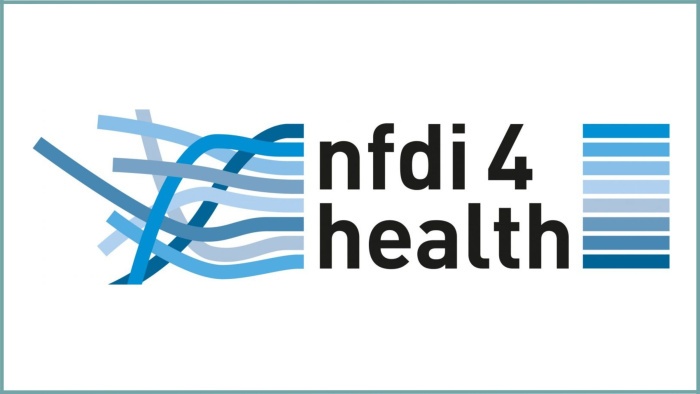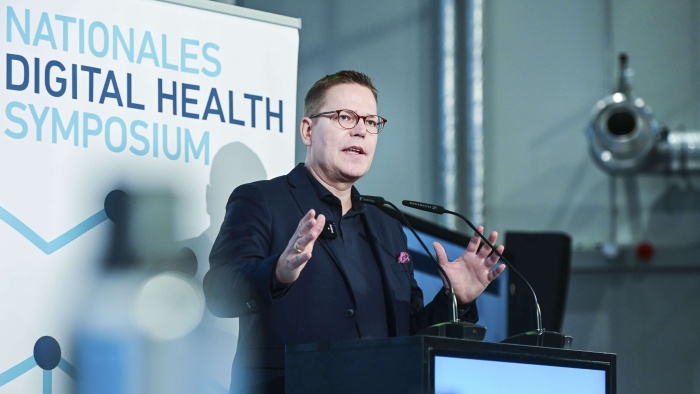Karliczek: Ensuring Equivalent Living Conditions and Strengthening Data-Driven Health Research with Innovative Methods in Medicine

From mid-year, the Digital Health Progress Hubs, funded by the Federal Ministry of Education and Research (BMBF), will develop model solutions for transferring digital innovations into regional care and optimize them in practice. In addition, future regional care data, with data protection in mind, should help improve care concepts and therapies specifically.
Federal Minister of Education and Research Anja Karliczek states:
"Protecting people's health is one of the most important tasks of research and science. We know that data aids healing. The better we understand a disease, the more targeted we can develop therapies and medications against it. This applies to well-known diseases such as cancer but also to novel threats like the coronavirus.
We see the importance of a connected approach, especially in the current pandemic. Therefore, one of the focuses of the new Progress Hubs is pandemic management. The solutions developed and tested here should help better equip the healthcare system against future crises. I am pleased that my department is supporting the hubs with 50 million euros until 2025.
The Digital Health Progress Hubs will demonstrate the benefits of digitization in medicine in specific use cases. The results should also benefit people in rural areas. Here, contact with doctors is often not as close as in urban centers. Therefore, it is important to ensure that living conditions are equivalent in these regions through innovative methods.
As diverse as the use cases are, so are the technical solutions. For example, wearable sensors can capture the vital data of at-risk patients in their home environment and transmit it directly to the clinic - this way, caregivers can recognize precursors of critical developments promptly and take action early. Intelligent smartphone apps should help doctors make the best possible therapy decisions, even in emergencies."
Protecting people's health is one of the most important tasks of research and science. We know that data aids healing.
Background
Connecting data, improving healthcare - that's what the Medical Informatics Initiative and the Digital Health Progress Hubs of the German government stand for. The BMBF is providing around 230 million euros for this from 2018 to 2026. During the setup and networking phase (2018-2022), the BMBF is funding four medical informatics consortia that have been building medical data integration centers since 2018. They are to demonstrate the added value of the developed IT architectures and software solutions in practice based on specific use cases. During the expansion and extension phase (2023-2026), further partners are to integrate proven solutions into everyday care so that patients in Germany can benefit comprehensively from the progress of the Medical Informatics Initiative.
The central goal of the Progress Hubs is to improve the availability of data and cooperation between healthcare sectors—from inpatient and outpatient treatment to rehabilitation and follow-up care in general practice. For optimal decisions, all actors at every point in the healthcare system must be able to assess the overall picture of an individual's course of illness.
At the same time, health research data should help optimize care models and develop new therapies. To drive this forward, research, healthcare, and IT experts are working closely with patients in the Progress Hubs.
Press Contact
Federal Ministry of Education and Research
Press Department; Social Media; Internet
Phone: +49 (0) 30 18 57 - 50 50
Fax: +49 (0) 30 18 57 - 55 51
✉ presse@bmbf.bund.de
Further Information


